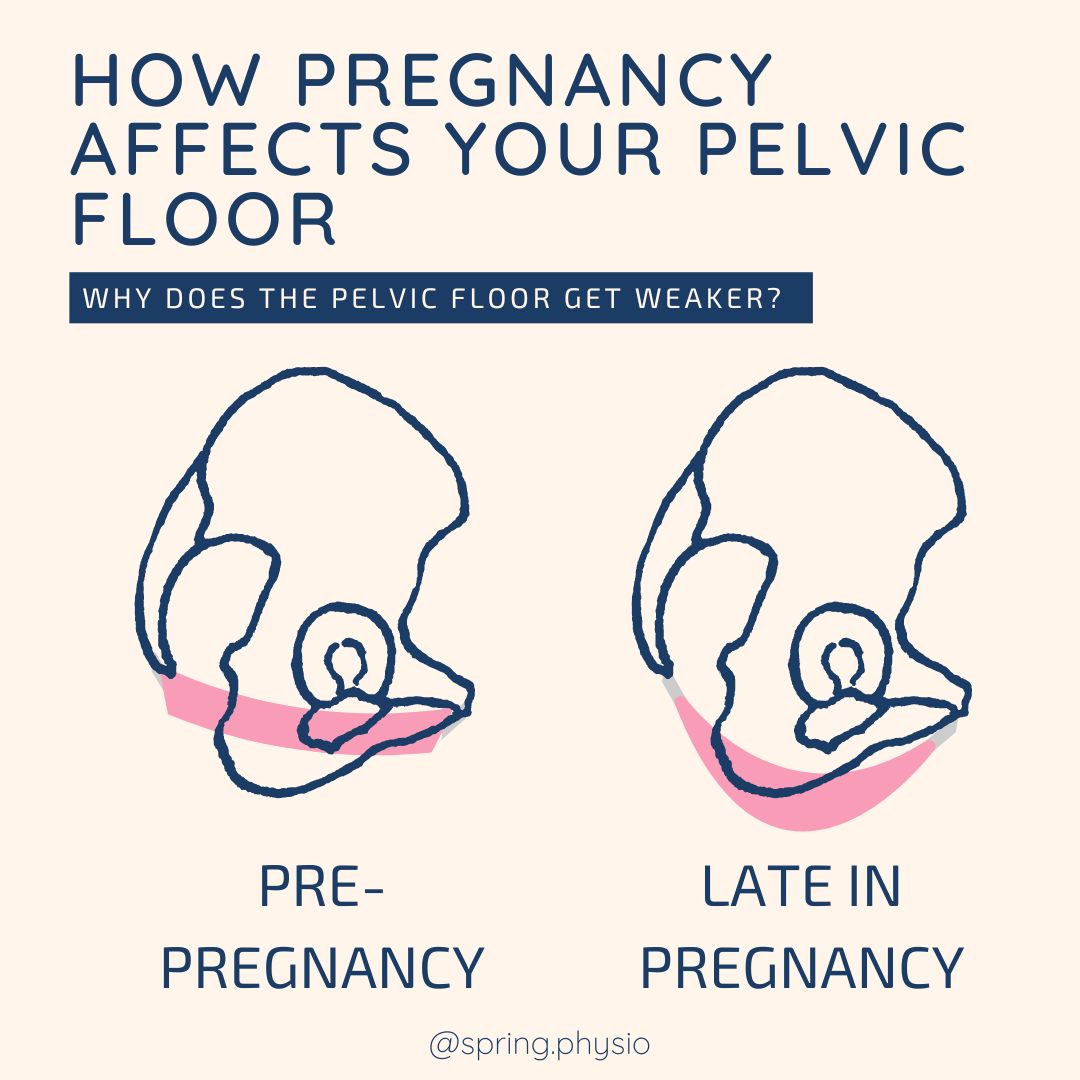|
During pregnancy, the additional load of the baby and the uterus cause changes to the bladder, urethra and the pelvic floor. This weight creates a lot of additional work for the pelvic floor and as a result the muscles can become weaker. The hormonal changes occurring in pregnancy soften the ligaments and muscles around the pelvis to allow stretching for delivery, but again this makes it much harder for the pelvic floor to contract well. By the end of pregnancy your pelvic floor can lack the tone and strength that was there at the start of pregnancy (especially if you haven’t been doing any pelvic floor floor work in pregnancy!), making symptoms related to pelvic floor weakness very common. It is because of these changes that EVERY woman should do pelvic floor rehab after a baby, regardless of how you delivered or whether you have symptoms.
0 Comments
Leave a Reply. |
AuthorClaire is a women's health and sports Physiotherapist. She is the owner of Spring Physio and is based in East Sussex. Archives
April 2024
Categories
All
|


 RSS Feed
RSS Feed